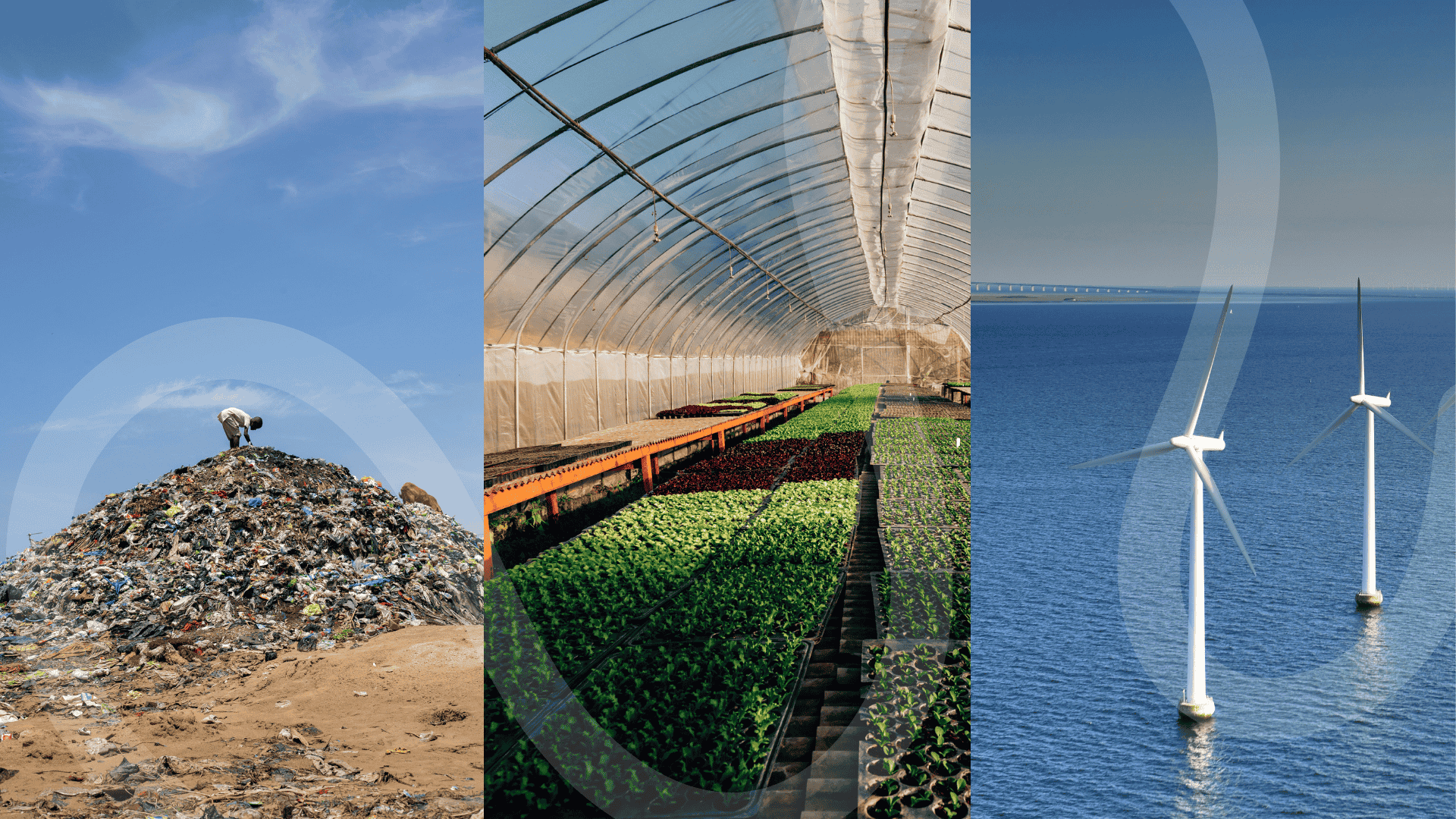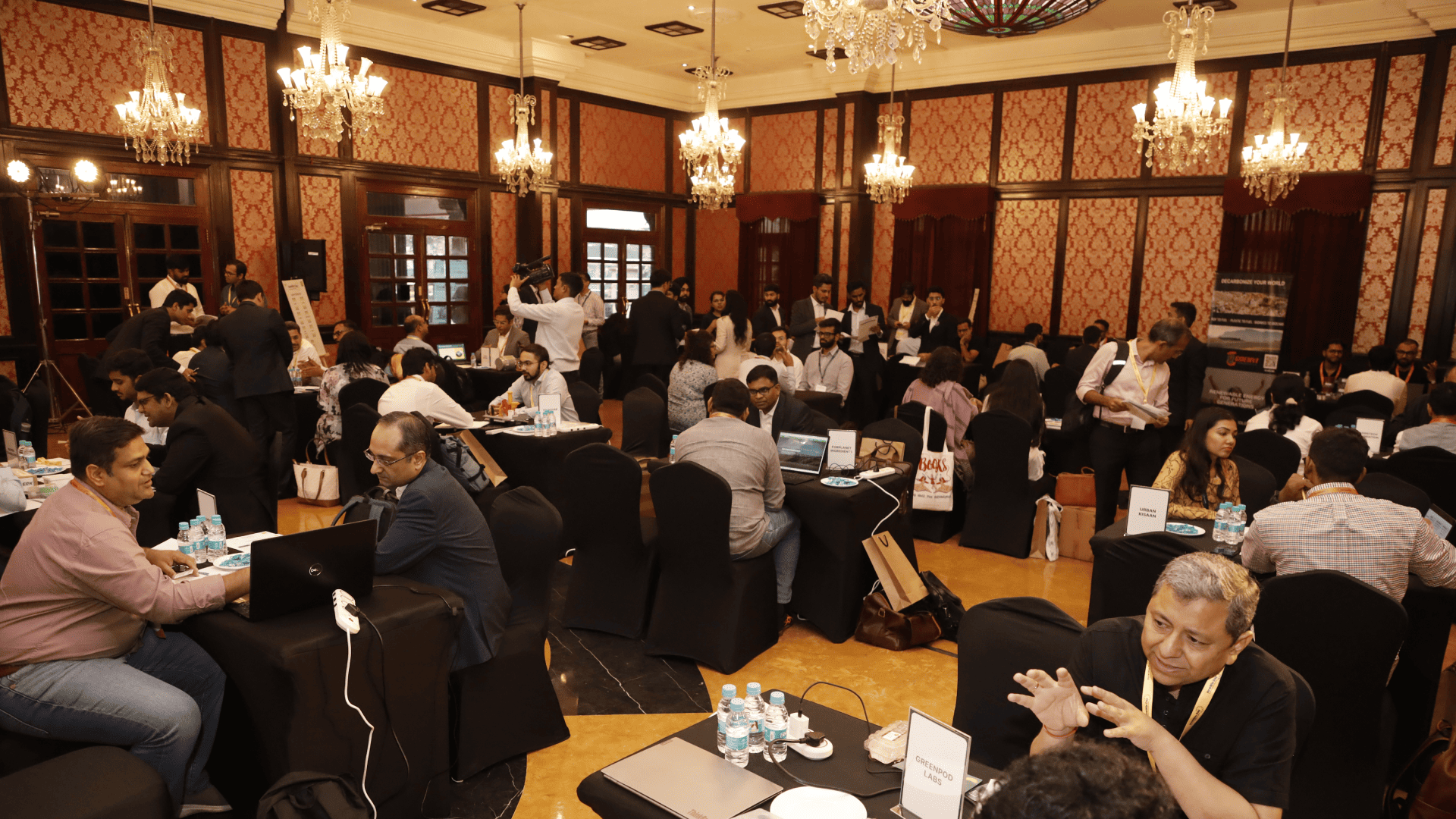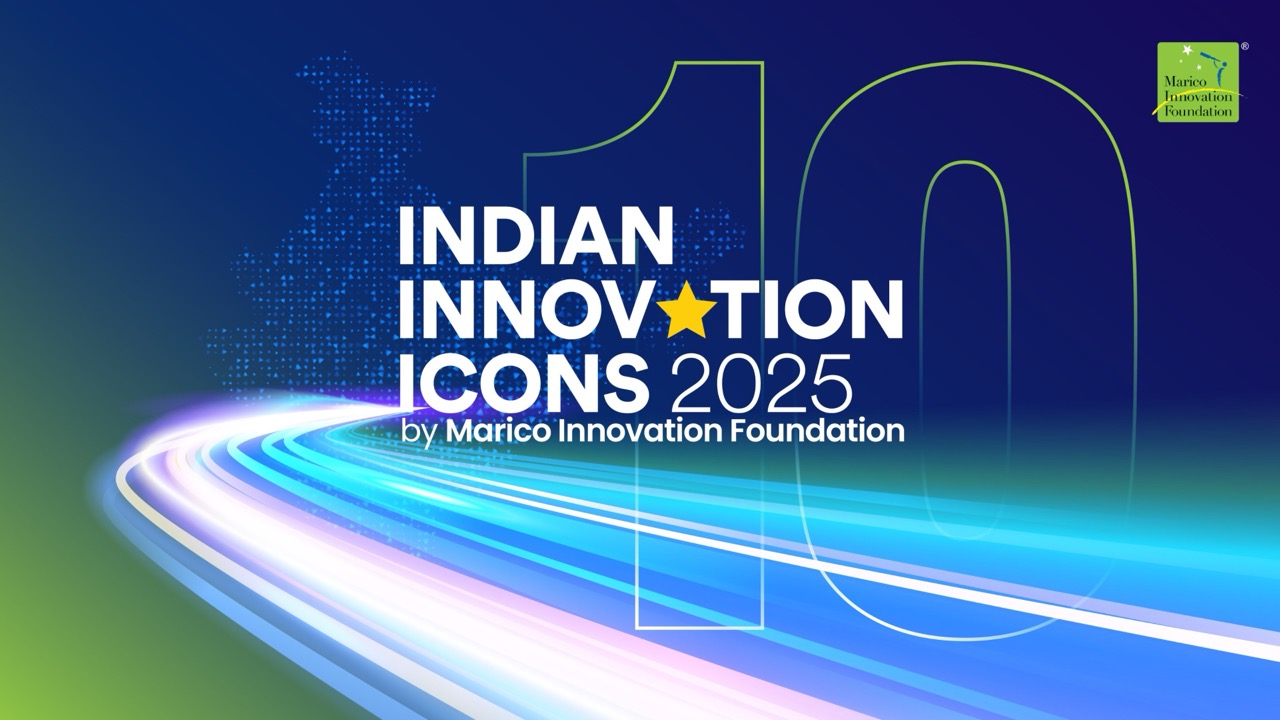Startups
MIF’s InnoWin Day: Catalysing India’s Innovation Ecosystem
Sparking strategic connections to help breakthrough Indian innovations transform from lab success to market revolution
A year-end update on innovations and trends in three key sustainability sectors in India.

As India continues to tackle its most pressing environmental challenges, 2024 stands out as a transformative year for three critical sectors: agri-technology, plastic waste management, and clean technology. These areas are at the forefront of India’s sustainability revolution, driven by innovative startups, robust policy support, and a growing demand for scalable, impactful solutions.
At Marico Innovation Foundation (MIF), we are deeply invested in advancing these sectors, particularly through Scale-Up, our flagship no-equity accelerator. Notably, this year, we onboarded five groundbreaking startups that are redefining waste management across industries—from plastics and textile to agriculture.
India’s agri-tech landscape is evolving rapidly, with innovations that extend beyond traditional farm-to-market solutions. Today, technologies like AI-driven crop advisory systems, IoT-based precision farming, and data analytics are transforming agriculture—enhancing climate-resilient farming, optimising pricing models, and improving overall productivity.
Central to this evolution is India’s Digital Agricultural Mission (DAM), which includes an ‘Agri Stack’, a registry of farmers, village land maps and crops; the ‘Krishi Decision Support System’, a comprehensive geospatial set-up to unify remote sensing-based information on crops, soil, weather and water resources; and ‘Soil Profile Mapping’ for detailed soil profile maps for about 142 million hectares of India’s agricultural land.
This year, MIF welcomed Canvaloop, which turns agricultural waste by turning it into textile-grade fibres, and Takachar, which converts crop residue into bio-products like fuel and fertilisers, into Scale-Up. They were joined by Craste, which creates biodegradable pulp sheets, sustainable packaging, and India’s first formaldehyde-free green particle boards from low-value crop waste. Together, these startups are addressing the dual challenges of waste management and value creation in agriculture, demonstrating how agri-tech innovation can drive both economic and environmental impact.
India’s approach to plastic waste management is undergoing a transformative shift, driven by technology and policy support. The implementation of Extended Producer Responsibility (EPR) guidelines has catalysed the development of a formal recycling ecosystem, with EPR certificates and centralised data portals creating new market mechanisms for waste management.
Technology-driven solutions are gaining traction, particularly in complex waste streams. Ishitva Robotic Systems, a Scale-Up participant, uses AI and robotics to automate mixed waste sorting, improving recycling efficiency. Ashaya—inducted into Scale-Up in 2024—has developed proprietary technology to process hard-to-recycle multi-layer plastic packaging into valuable products like recycled sunglasses.

MIF is also supporting the Plastics Circularity Initiative, launched by Re Sustainability and Sharrp Ventures in September 2024. This pioneering project aims to address the FMCG sector’s need for high-quality recycled materials, processing 32,000 tonnes of waste annually, reducing 15,000 tonnes of CO₂ emissions, and producing 9,000 tonnes of superior recycled polymers. The initiative, implemented in Hyderabad and Raipur, offers scalable, replicable solutions for waste management across India.
India’s clean technology sector is witnessing unprecedented growth, with innovations spanning renewable energy, energy storage, and green hydrogen. Sectors such as bioenergy, hydrogen, fuel cells, and geothermal energy are also gaining attention.
Policy initiatives and state-driven projects, such as such as Maharashtra’s CM’s Solar Agriculture Feeder Program 2.0, which aims to provide reliable electricity to agricultural pumps and increase solar capacity to 16,000 MW by 2025, and Uttar Pradesh’s PM-KUSUM scheme, which supports the installation of off-grid solar pumps for farmers, are reshaping the energy landscape by integrating renewables into agriculture and beyond.
This year, green hydrogen has become a major focus in India, recognised for its potential to decarbonise industries and transportation. Startups and policymakers are actively developing solutions for production, storage, and distribution, supported by the National Green Hydrogen Mission’s initial outlay of Rs 400 crore to establish India as a global hub for green hydrogen.
MIF also supports the integration of clean tech into broader sustainability efforts. Brisil Technologies, a recent Scale-Up participant, exemplifies this by converting rice husk ash—a waste by-product from biomass power plants—into bio-based silica. This innovation not only reduces waste but also highlights the interconnected potential of agri-tech and clean technology in addressing environmental challenges holistically.
From agri-tech to plastic waste management and clean technology, 2024 marks a year of tangible progress in India’s sustainability journey. The startups in MIF’s Scale-Up program are at the heart of this transformation, proving that innovation and impact can go hand in hand. By empowering these changemakers, we are helping build a future where waste becomes opportunity, and sustainability becomes the norm.

Sparking strategic connections to help breakthrough Indian innovations transform from lab success to market revolution

The Innovation for India Awards have been ‘un-awards’ of a kind, going beyond trophies to amplify groundbreaking innovations. A spirit now embodied in their evolution to Indian Innovation Icons.

India's startup ecosystem has evolved into a global innovation hub, driving economic growth, job creation, and technological advancement across diverse sectors.

Subscribe to InnoWin, our monthly newsletter, where we blend insight with inspiration & action with aspiration.
Join our mailing list